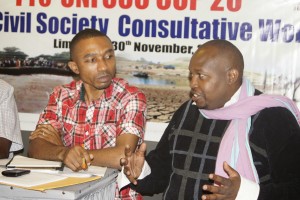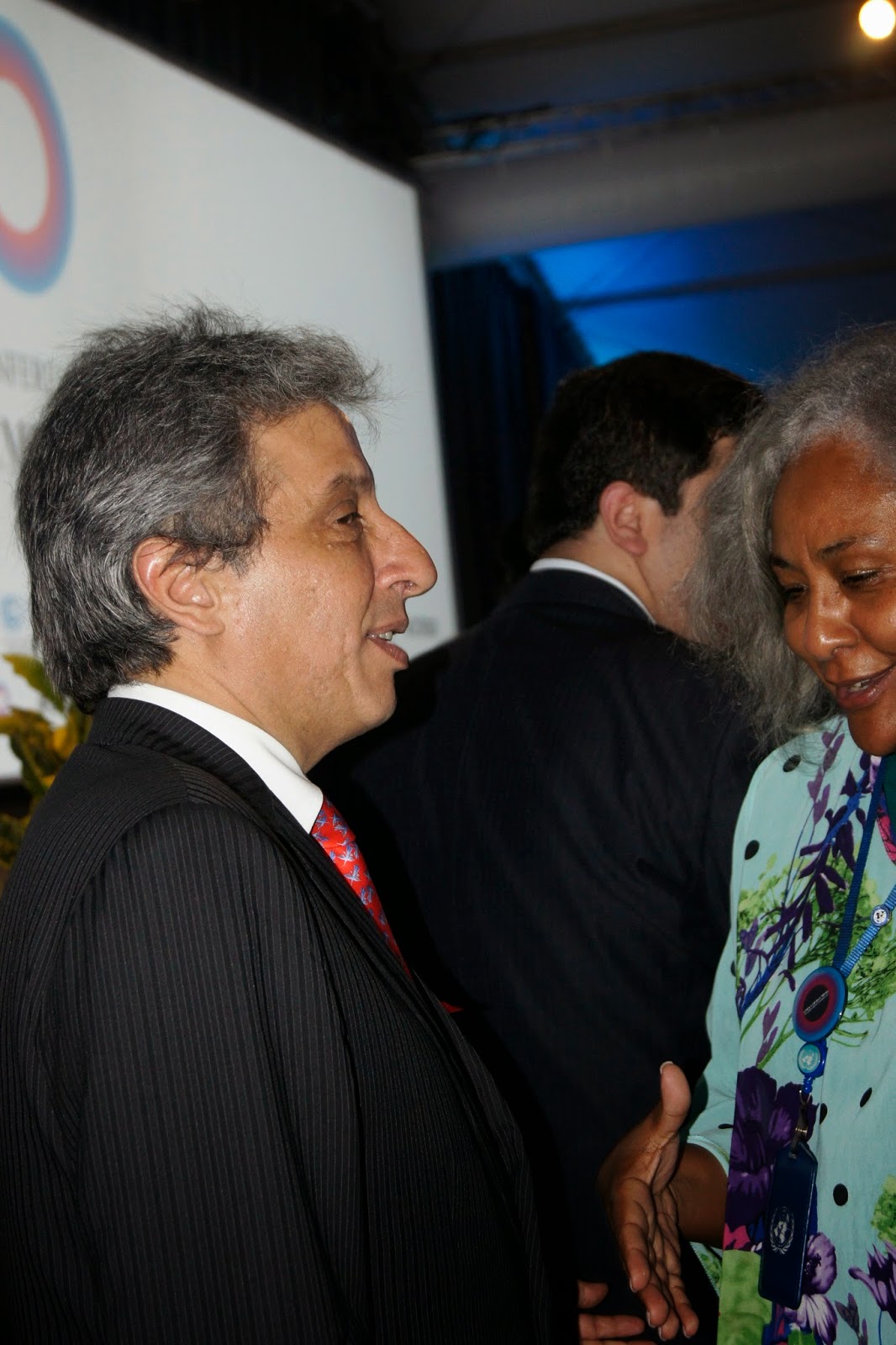The stakes are indeed high for the African delegations in Lima, Peruvian capital where the UN Framework Convention on Climate Change (UNFCCC) conference is taking place. UNFCCC is an international treaty endorsed by nearly 200 governments in 1992 with the aim of preventing dangerous climate change. The treaty produced the Kyoto Protocol which stressed that industrialized countries should reduce their emissions of greenhouse gases. Since 1992 a Conference of Parties (COP) to the UNFCCC has been meeting annually to assess progress towards its goal and to negotiate new actions in light of improved knowledge about the threat climate change poses. The Lima meeting is COP20, meaning it is the twentieth conference held since the treaty was signed.
African civil society groups are committed to ensuring that their stance on climate change negotiations at the conference is heard and adopted. Climate change poses a clear danger to lives and livelihoods across the African continent. From rising sea levels, less predictable weather more extreme to droughts, floods and storms almost every aspect of African life is affected
“Africa is projected to be one of the most impacted by climate change. And what is so annoying is that we never contributed to this disaster. What we are saying is that those responsible for bringing the planet to this dangerous threshold must lead efforts aimed at keeping the minimal temperature at 1.5 .Others are even saying 1 degrees.
African civil society should not allow itself be influenced” said Chimambo who sincerely thinks that China, U.S.A and EU should pay the price for causing the world to warm at an unusual rate. Essentially, what Africa expects from COP20 is that, the developed countries that are fundamentally responsible for global warming agree to actions that will adapt and mitigate the impacts of climate change and sponsor the measures.
“We are keen on adaptation” said Samson Ogallah
“Adaptation should not delay mitigation. We need a text on how the agreement will look like. We want what is good for Africa. We want agreement and commitment” said Ruth Miteh of CARE International.
Even as African civil society hopes to achieve much from COP20 in Lima, the conference will focus more on talks than actions. It is in Paris in 2015 that another Conference of Parties (COP21) is expected to seal an agreement on how to fight against climate change
“In this struggle to ensure the New Climate Change Agreement to be concluded in Paris in 2015 is responsive to African aspirations and realities, our voices should be amplified. We need critical mass to drive our agenda at global level. We need unity and commitment to stick on what we agree as African civil society organizations in particular and global civil organizations in general” said Mithika Mwenda.
Certainly, there is a lot at stake here. During COP 21, analysts expect a new agreement that will replace the Kyoto Protocol, which will expire in 2020. Hence, there is one clear goal for this multinational conference in Lima: COP 20 will hopefully end with a draft of an accord that will then be accepted in COP 21, which will take place in Paris in 2015.












